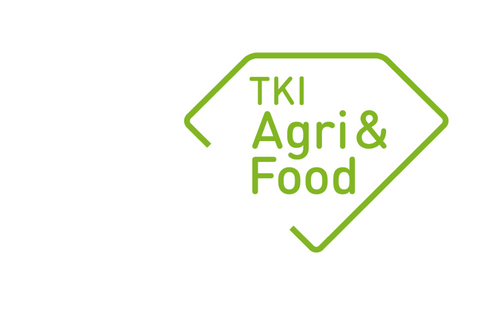Project title: “Stacking” biological control with other integrated management tactics for sustainable aphid control in open field vegetables
Project number: SMP-25023
Requesting country: Belgium
Year: 2025
Budget: € 50,000
Project leader: Tibor Bukovinszky
Knowledge institute: Wageningen University & Research
Project partners: Biobest Group
Summary
Despite considerable research efforts focusing on their sustainable management, aphids remain the most important insect pests in many field vegetable crops, and especially in vegetables of high cosmetic value (e.g. lettuce) or in crops where virus vectoring is important (e.g. legumes). Climate warming and the decreasing availability of effective corrective measures will likely increase aphid-related problems in many field vegetables, undermining efforts for a transition towards sustainable food production systems. Keeping aphid populations at economically acceptable levels without the need for using pesticides requires comprehensive integrated pest management (IPM) tools and an extensive use of biological control agents (BCAs) but limited effective management tactics are available. While several aphid management tactics in field crops have been investigated, e.g., enhancing natural enemies using floral resources, targeted use of BCAs, within field habitat management tools or agrotechnical measures, no practice has been found effective enough as a standalone tool. The combination of biological control, agronomic measures and functional biodiversity can provide effective and robust solutions, but the integration of combined tactics is not trivial; measures applied in combinations may cancel each other out or exacerbate other problems. We argue that issues with incompatible combinations reflect a lack of insight on how to integrate and “stack” different tactics. Different BCAs (both macro- and microbials) can be combined well with agronomic measures and habitat management tools (e.g., floral resources tailored to beneficials) with complementary effects on aphid suppression but system-specific knowledge is needed to define such combinations. When other measures fail and corrective measures are necessary, biopesticides should be available that are fully compatible with biocontrol and ecological considerations. We argue that smart combination and stacking of management measures is the way forward, but the development of coherent solutions requires collaboration of international expert groups active along various parts of the vegetable production chain.
Deel dit bericht

